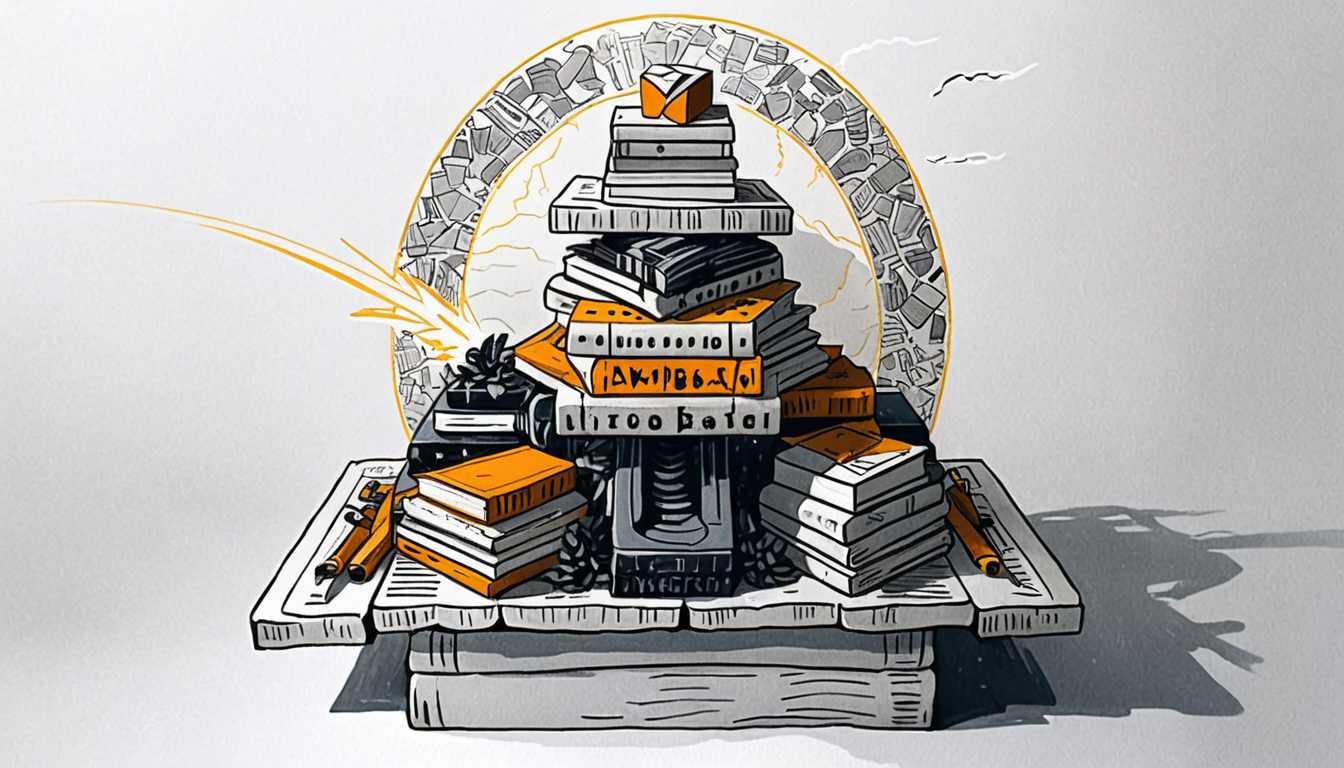Toblerone's Peak Makeover Drama
March 2023
BBC
Introduction
Imagine a world where the iconic Toblerone can't flaunt its famous Matterhorn peak on the packaging anymore! Thanks to Swiss Swissness rules, the chocolate bar is undergoing a makeover, ditching the mountain for a more generic summit as production shifts to Slovakia. BBC spills the beans on this sweet saga, revealing a future where the Toblerone embraces its roots with a new look and a nod to its founder. Dive into the delicious drama and discover what's in store for this beloved treat.
READ FULL ARTICLEWhy It Matters
Discover how this topic shapes your world and future
The Sweet Side of Globalization
Imagine your favorite chocolate bar is suddenly not what it used to be. The iconic image on the wrapper changes, and it's no longer produced in its country of origin. This is what's happening with Toblerone, a Swiss chocolate that has to remove the Matterhorn mountain from its packaging because some of its production is moving to Slovakia. This change is due to strict "Swissness" rules that protect national symbols and ensure products marketed as Swiss meet certain criteria. This topic isn't just about chocolate; it's a window into the complex world of global trade, cultural identity, and consumer expectations. It shows how globalization can impact even the smallest aspects of our lives, like the design of a chocolate bar wrapper, and prompts us to think about what authenticity means in a globalized world. For you, this might highlight the importance of understanding the global impacts of local products and inspire you to consider how cultures can be preserved in the face of global changes.
Speak like a Scholar
Globalization
The process by which businesses or other organizations develop international influence or start operating on an international scale. It's like when your favorite movie or video game becomes popular all around the world.
Cultural identity
The identity or feeling of belonging to a group. It is part of a person's self-conception and self-perception and is related to nationality, ethnicity, religion, social class, generation, locality, or any kind of social group that has its own distinct culture. Imagine how you feel when you see someone wearing a jersey from your favorite sports team; that's a form of cultural identity.
Consumer expectations
What customers expect from a product or service, which can include quality, value, and experience. It's like expecting your favorite brand of sneakers to always be comfortable and stylish.
Authenticity
The quality of being genuine or true. For example, if a friend tells you a story about their vacation, you expect it to be true and not made up. In products, it means being true to the product's origins and making promises.
Cultural preservation
The act of maintaining and preserving the cultural heritage of a particular place or people. It's like keeping traditions alive, such as celebrating cultural festivals or speaking a native language.
Global trade
The exchange of goods and services between countries. It's like when you trade cards or video games with friends, but on a much larger scale, involving entire countries.
Independent Research Ideas
The impact of globalization on local traditions
Investigate how global trade and cultural exchange have transformed local traditions and cultural identities in different regions. This explores the balance between maintaining cultural heritage and embracing global influences.
Consumer expectations and brand authenticity
Examine how consumer expectations for authenticity influence brand strategies, especially for products with strong cultural or geographical identities. It's interesting to see how brands adapt to these expectations without losing their essence.
Cultural symbols in marketing
Research the use of national symbols and cultural icons in marketing strategies and the regulations surrounding them. This could include how these symbols influence consumer perception and brand loyalty.
The economics of "protected" foods
Analyze the economic impact of having a protected status on local economies and global trade, using examples like Feta cheese or Darjeeling tea. This includes looking at how these protections benefit or hinder local producers.
Globalization's impact on food identity
Explore how globalization affects the identity and perception of traditional foods, including changes in production methods, ingredients, and cultural significance. This could involve case studies of specific products that have adapted to global markets.
Related Articles

Apple's Stand: Privacy vs. Power
May 2023
Harvard Business School

Star Actor Turns Legal Prodigy
May 2024
Harvard University

Canada's Leap Against Modern Slavery
May 2023
The Conversation

Trademark Tussles: The Amazon Battle
June 2023
MIT Technology Review

Law's Gender Gap: A Digital Dilemma
October 2023
The University of Sydney